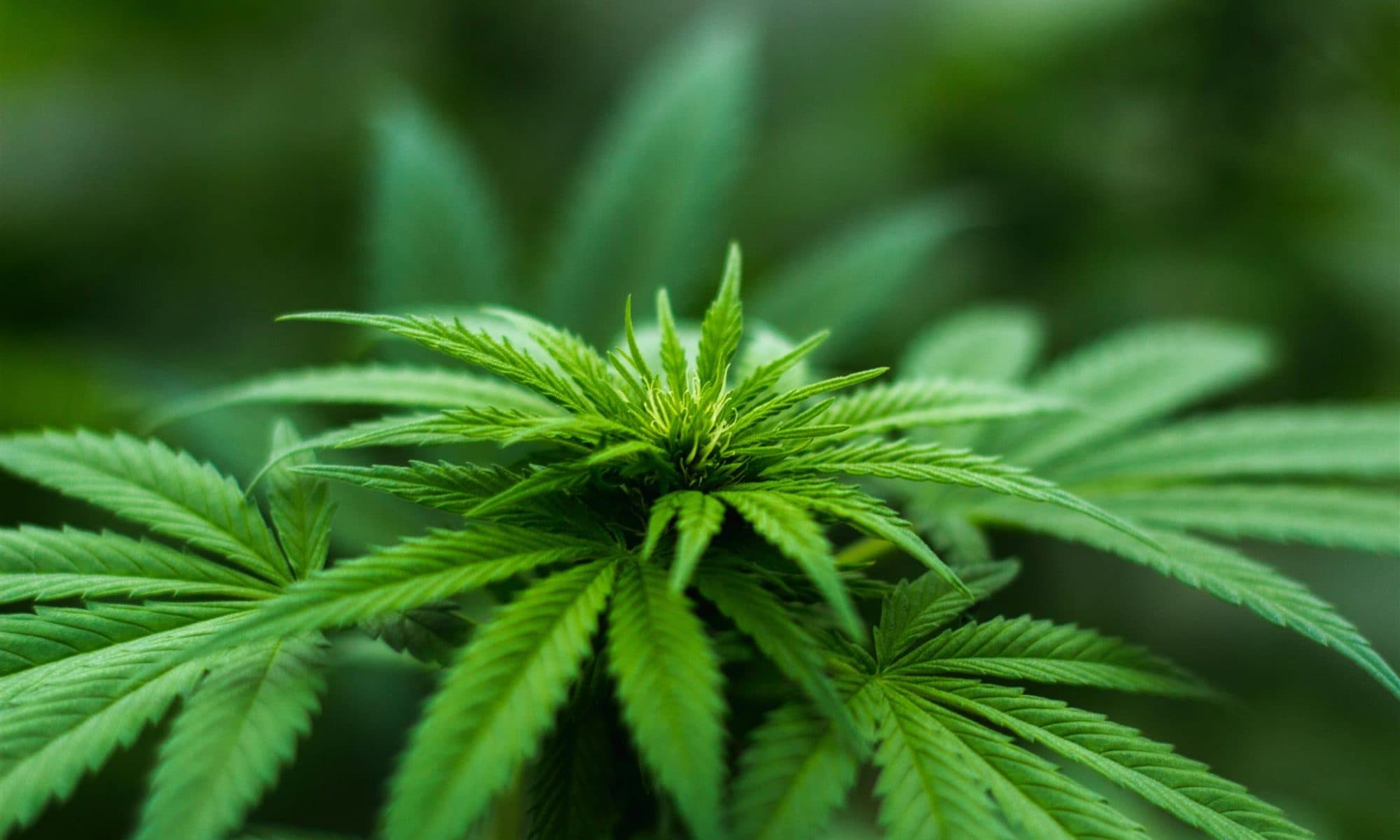Preliminary studies suggest that cannabis may have an immunosuppressive effect. Though this holds promise for treating disorders brought on by an overactive immune system, it may put otherwise healthy people at greater risk of infection. However, how cannabis affects immunological function is still poorly understood. Here, you may read what the research has to say.
The Functioning of the Immune System
Let’s quickly review how the immune system functions before we go into how medical cannabis could affect immunity. Two main types of physiological defence exist: innate immunity and adaptive immunity.
Every living thing has an initial line of defence against outside invaders called the innate (or universal) immune system. The skin and the mucous membranes (the lining of the nose, mouth, lungs, and other organs and cavities) are all part of this system, which works together to keep harmful bacteria at bay.

Enzymes, acids, and mucus are all used by these biological barriers to prevent the spread of bacteria and viruses. A subset of the cells that make up the innate immune system are phagocytes, which are specialised to digest dead or dying organisms. The word “phago” comes from the Greek word “phagein,” which meaning “to eat.” Indeed, phagocytes live true to their moniker by enclosing and “eating” invading microbes.
Our adaptive (or acquired) immunity is considerably more targeted and effective than our innate immunity, which relies on a more brute-force approach to eliminating invaders. The adaptive immune system kicks in as backup if our innate defences fail, and it begins to recognise the invader and produce antibodies tailored to destroy it.
Does marijuana help or hurt the immune system?
Without a functional immune system, human beings would not survive for long. Bacteria, fungi, and viruses are everywhere around us, waiting for the chance to invade our bodies and feast on our cells.
Our immune system is a multi-layered defence system consisting of a wide variety of organs, cell types, and proteins that work together to combat harmful environmental factors. They aren’t always effective enough, though, to stop an illness in its tracks.
We all become sick from time to time, but because to our immune systems’ ingenuity, we always recover better and are better prepared to fight off future bouts of the common cold, influenza, and other contagious illnesses.
Many people try to improve their immune systems through diet, exercise, behavioural modifications, and dietary supplements in order to lessen their susceptibility to illness.

Connecting the Dots: Cannabis, the Immune System, and the Endocannabinoid System
The immune system, like every other part of the body, cannot function alone. The endocannabinoid system is a term familiar to cannabis experts (ECS).
While researching the physiological effects of cannabis, scientists stumbled onto the components of this system. They eventually learned that it has a presence in every organ and system, from the central nervous system and skeleton to the skin, gastrointestinal tract, and immune system.
The ECS was named the “universal regulator” of the human body because of its role in maintaining homoeostasis, or internal stability.
Both CB1 and CB2 receptors, signalling chemicals anandamide and 2-AG, and enzymes involved in endocannabinoid biosynthesis and catabolism make up the classical ECS.
These components are widespread in the immune system and play important roles in immunological regulation, homoeostasis maintenance, and modulation.
CB1 and CB2 receptors are found on many different kinds of immune cells, such as B cells, natural killer cells, monocytes, CD8 and CD4 lymphocytes, and many more. This is where endocannabinoids come in, since their binding to these receptors helps to control processes like the body’s inflammatory response.
The Influence of Marijuana on the Body’s Defense Mechanisms
Due to its close relationship with the ECS, cannabis may serve as a physiological defence mechanism modifying agent. You see, the structure of endocannabinoids (which occur naturally in the body) and phyto-cannabinoids (which occur naturally in plants) is quite similar.
This suggests that cannabinoids from the outside, such as THC and CBD, may be able to attach to ECS receptors, modulate enzyme activity, and behave in a manner similar to that of endocannabinoids. Plant cannabinoids may provide a means of “hacking” the ECS in regards to immunity, as our endocannabinoids exert considerable control over our immune system.
Illnesses Caused by the Immune System
The immune system may sometimes go awry. Autoimmune illnesses occur when the body’s immune cells mistake healthy tissues like skin, joints, and nerves for harmful pathogens like bacteria and viruses.
Inflammatory cascades triggered by this self-inflicted harm manifest as symptoms including lethargy, muscular pain, fever, hair loss, and rashes. Rheumatoid arthritis, psoriatic skin disease, and multiple sclerosis are all examples of auto-immune disorders.
Some of the earliest studies to focus on the anti-inflammatory effects of cannabis focused on their ability to halt the development of autoimmune diseases. Evidence from animal and cell research also points to a possible immunosuppressive impact of cannabis.
Virus Infection and Immune System Dysfunction
Is it possible that cannabis might help viruses and other infectious infections by suppressing the immune system? Certainly, that’s not out of the question. This may explain why chronic and heavy cannabis users have lower immune systems and a greater propensity to contract and spread diseases.
Even more concerning, the few available evidence shows that chronic cannabidiol (CBD) usage may activate myeloid-derived suppressor cells (MDSCs), which dampen the immune system and may raise the risk of cancer. There is continuing research looking into the effects of some cannabis compounds on pathogenic viruses and bacteria, despite the chemicals’ effects on the immune system.

Smoking marijuana and getting HIV
Spread of the human immunodeficiency virus (HIV) occurs predominantly through unprotected sexual activity. Once inside, the infection operates like a parasite, destroying the body’s defences.
HIV induces flu-like symptoms and a large decrease in CD4+ T cells, which aid in recruiting additional immune cells in the face of infection, in the early stages of infection. The virus will continue to multiply even after the first symptoms have subsided, but it may take years before it manifests itself again.
Subtly but persistently, it weakens and compromises the immune system, leading to immunocompromised status.
See Also: Can CBD Oil Help for Tinnitus?
It seems to reason that those living with HIV should steer clear of cannabis as scientists investigate the plant’s immunosuppressive effects. Many of them, however, utilise the plant, according to polls.
The potential benefits of cannabinoids for lowering viral replication and increasing T cell numbers are being studied alongside the potential risks of cannabis use in HIV patients.
Degenerative Neurological Diseases
Neurodegeneration is a hallmark of multiple sclerosis, an autoimmune illness. Inflammation of the central nervous system is initiated by immune cells. Myelin is a fatty encasing that surrounds and insulates nerve cells, and the cells acquire a taste for it throughout this process.
This attack, when sustained, can destroy the protective covering of the nerves, known as myelin, and eventually disrupt the normal firing patterns of the nervous system. Ongoing research is examining the CB1 receptor and drugs that bind to this location for their possible neuroprotective effect.
Does Cannabis Help or Hurt the Immune System?
There is not enough information for us to answer your question with certainty at this time. There is some indication that the herb possesses immunosuppressive qualities that may have some therapeutic use; however, if this is the case, it may also pose some risks for people with impaired immune systems and heavy herb users.
As a result, further studies involving actual people are required before we can reach a definitive conclusion.
Finally
We know you might be curios to find out more information and discuss medical cannabis treatment, or where to get legal medicinal cannabis products in Australia, who is authorised to prescribe medicinal cannabis products to you, and we know lots of people are also worried about the use of medicinal cannabis.
For all these inquiries; including most medicinal cannabis products available on the market, prescribing medicinal cannabis, information about smoked cannabis, how to bring medicinal cannabis product on a travel, medical conditions that can be cured by medical cannabis products, recreational cannabis, other general use of cannabis, you should schedule a consultation session today with our experts at Chronic Therapy to get medical professionals advice about any of the above mentions.




